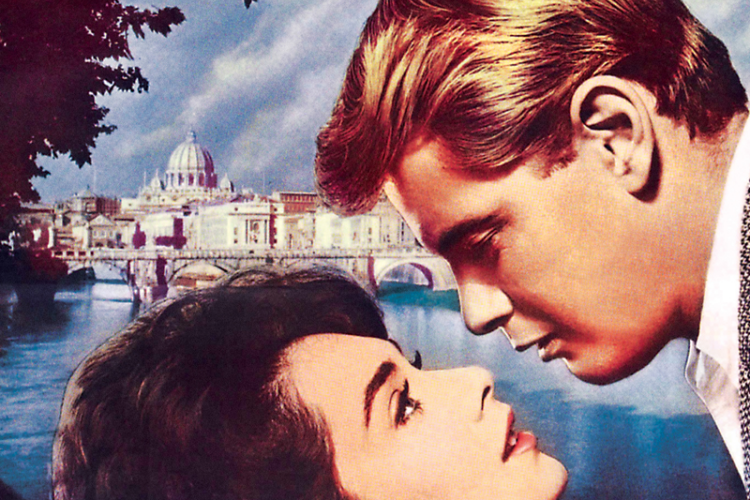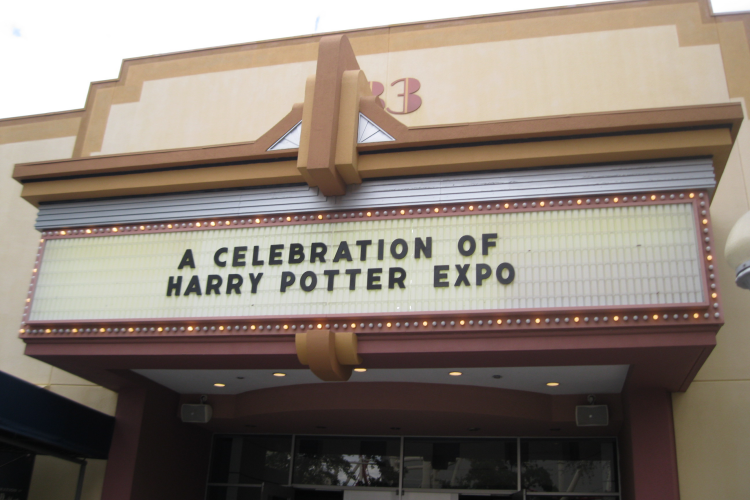While pondering about recent releases at home and in theaters, I reasoned that my inability to find more options was because my own personal tastes for this genre are limited. Generally, I like to be swept off of my feet, but prefer rom-coms where the characters aren't around to fill a 'swooning' quota, the script offers dynamic dialogue, and the story has something other to offer than just two people falling in love. Mostly, I don't like to watch comedies where guys just ogle the girl-next-door or use women for their own macho rivals with other bros. My favorites run the lines between You've Got Mail and Bridget Jones’s Diary to sweeping epics like Titanic and Pride and Prejudice - basically flicks that could be denounced as a romantic movie at a glance but I'm not compelled to defend its chick flick sensibilities.
But if rom-coms aren't as popular as they used to be, have they subtly transformed into another genre altogether that we just can't recognize them anymore.
There's nothing inherently wrong about movies where women find the love of their lives. We escape from real life in many ways, and surely, one of them is to have an amazing designer wardrobe, high-profile job, and finding fervent fantasies with Mr and Mrs Right through our celebrity crushes. However, considering some of the biggest money makers or influential actresses over the past few years, women flocked to theaters to see many different types of movies, and yet the genre hasn't been able to maintain its previous influence:
The Devil Wears Prada put Anne Hathaway and Emily Blunt on the map as assistants to a powerful fashion magazine editor played by Meryl Streep. The movie focuses on the duo getting ahead in their careers and the double standards of female bosses versus men.
Magic Mike flipped the tables on women as the typical eye-candy by turning Hollywood’s hottest ab-actors like Channing Tatum and Matthew McConaughey into strippers.
Bridesmaids, with Kristen Wiig, Melissa McCarthy, Rose Bryne, and, was the female answer to The Hangover, where competition between a maid-of-honor and a bridesmaid causes chaos before a friend’s wedding.
Over the years, rom-coms have changed from the inside out. Thanks to the likes of comedians like Melissa McCarthy, Sandra Bullock, and Kristen Wiig, women have moved into the comedy genre where their characters purely bring on the laughs instead of the love. Meanwhile, other actresses like Reese Witherspoon and Julia Roberts have grown out of the 'American Sweethearts' image to take on more mature, complicated roles, and more up-and-coming actresses strive for complex roles in indies and dramas than the typical boy-meets-girl route in young adult.
Just as moviegoers want to see more dynamic women in science-fiction, fantasy, and action, women in romance have come to closely resemble real women living next-to-normal lives. More subtly, other types of movies focusing on relationships or singledom have come to the forefront in the form of independent movies focusing on heartbreak or topical social issues: A broken marriage was torn to pieces with Michelle Williams and Ryan Gosling’s characters in Blue Valentine; Joseph Gordon-Levitt went through the complicated seasons of love to co-star Zooey Deschanel in the indie 500 Days of Summer; a comedian played by Jenny Slate faces having an abortion after a one-night stand in Obvious Child. And if a film still centers on a women's love life, the dynamics of stories we used to know like the back of our hands have changed: characters aren't limited to just being completed by someone else, women befriend other women without becoming enemies or fighting over the same guy, and are starting to prominently feature LGBTQ couples and minorities.
In asking myself where did the rom-com genre go, I also have to ask how it has changed. It hasn’t necessarily gone anywhere – just that the ones we're used to are on a break. To have any sort of comeback at all, the genre has to become smarter, well-rounded, and inclusive.
What do you guys think? Do you miss rom-coms? Let me know in the comments below!







